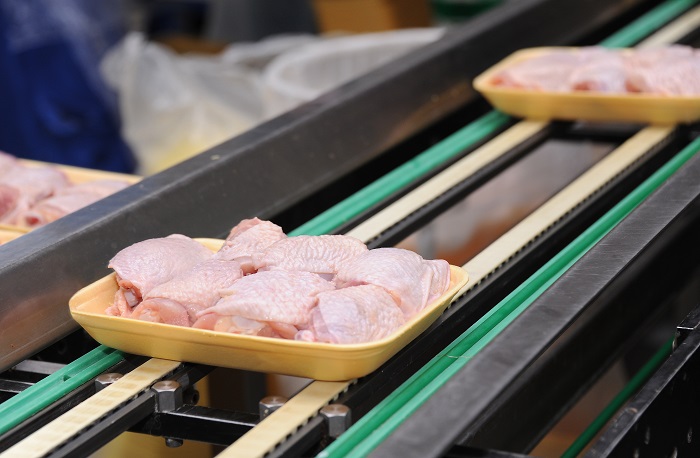Cranswick has announced a new strategic commitment to remove all non-recyclable and avoidable plastic from across its business.
The business said the move would form a major part its new Group sustainability strategy ‘Second Nature’ which will seek to address key issues across the whole life cycle impact of its products from farm to fork, eliminate waste and move towards a circular economy.
The environmental impact of plastics, particularly the damage they cause to the world’s oceans, has become a major consumer issue. Cranswick said it commended the Government for putting this issue on the political agenda through the new 25 Year Environmental Plan, but it said it believe das a major UK manufacturer wit had a responsibility to help drive systemic change to end global plastic pollution.
“We intend to deliver our targets in a far shorter time frame,” the firm said in a written announcement. “Ensuring a sustainable future for our planet should be a priority for every retailer, manufacturer, local authority and individual globally – and it is our collective responsibility to ensure there is the opportunity to reduce, reuse and recycle as much as possible to minimise the impact on our environment.”
As documented in a report published in the journal Science Advances, it is calculated that the total volume of all plastic ever produced is approximately 8.3 billion tonnes, of which, 6.3 billion tonnes is now waste, and 79% is in landfill or dispersed across the natural environment. The Ellen McArthur Foundation believes that, if the current trend continues, there could be more plastics than fish (measured by weight) in the world’s oceans by 2050.
“Our ambition is to lead sustainability across agriculture and food production on a global scale by fully integrating sustainability across out total sphere of operations,” said Cranswick.
It is Cranswick’s commitment that by 2025 it will: 1. REDUCE – the weight of its plastic packaging from farm to fork by 50%. 2. RE-USE – all of its internal materials in a closed loop system across its business 3. RECYCLE – all the packaging it uses by ensuring it is not only 100% recyclable, but easily recyclable supporting circular waste solutions.
Cranswick said it would lobby the Government to support a cohesive national recycling infrastructure to help achieve its 2025 commitments.
“To deliver our 2025 commitments, we pledge that all packaging used by our food group will be 100% recyclable and sustainably sourced,” the firm said. “Where dual materials are needed to maintain product quality and minimise food waste, they will only be from materials that are also 100% recyclable and sustainably sourced. All packaging will be designed to be intuitively recycled by the consumer and easily recovered through household recycling collections.
“To deliver real impact as an industry will require significant open collaboration between all stakeholders across the value chain to drive the systemic change needed. We would like to publicly invite our industry peers, packaging providers and recycling reprocessors to join our new working group to share ideas and collaborate on meeting these targets, removing barriers and sharing progress.”


